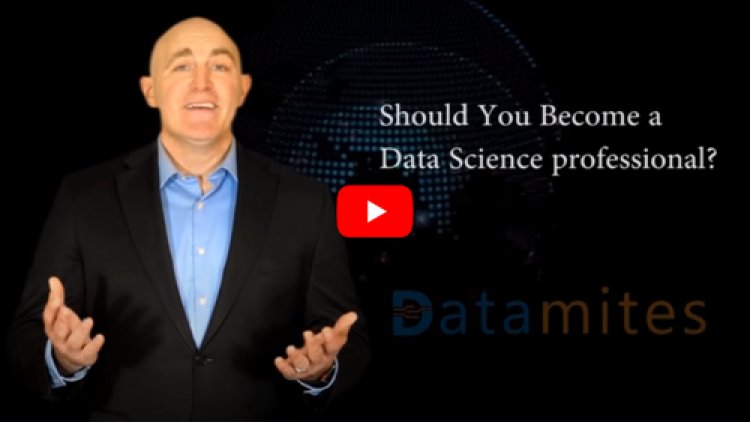Data Science Team Structure – Where Do I Fit?
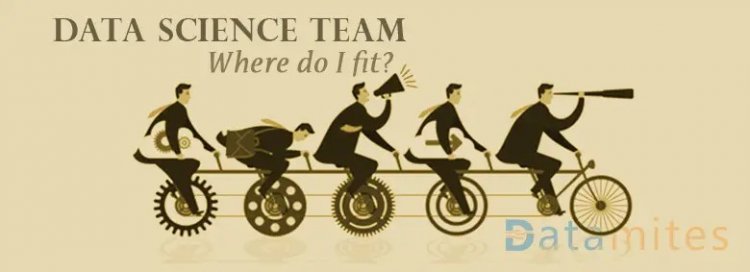
Over the last decade, there’s been a massive explosion of Data in many different kinds. The data generated by the organisation increased is so huge that it went beyond the capabilities of capturing and analysing at least a fraction of this data. In addition to this, we have relevant Data generated through various channels such as social media, comments, blogs and other sources. Sometimes we call this “big data,” it’s like a huge pile of lumber and companies would like to transform this data into valuable business insights. But, the challenge is that analysing and making sense of this huge Data generated internally and from external sources can’t be done with traditional business intelligence team and analysts. We need a special team with skills to handle all types of data and carry out the mammoth task of transforming this huge data into valuable insights to the business. We call them the “Data Science Team”
Before understanding about DS Team, read our previous article “Data Scientist – Where to Start?“, It gives you an understanding of DS Basics.
How does Data Science Team look?
Well, Data Science Team is the one, which makes sense out of all this huge data and requires many different roles. Each of these roles brings different critical skills and insights to make this process of transforming a huge pile of data into valuable insights.
Engineers
Data Science Engineers are hard-core techies who deal with Data Science Infrastructure, ie., hardware, software applications and other aspects to get the back end of Data Science up to and running. They set up the entire IT infrastructure from servers, networks to processes, also manage it such as infrastructure monitoring, application management, database administration etc.,
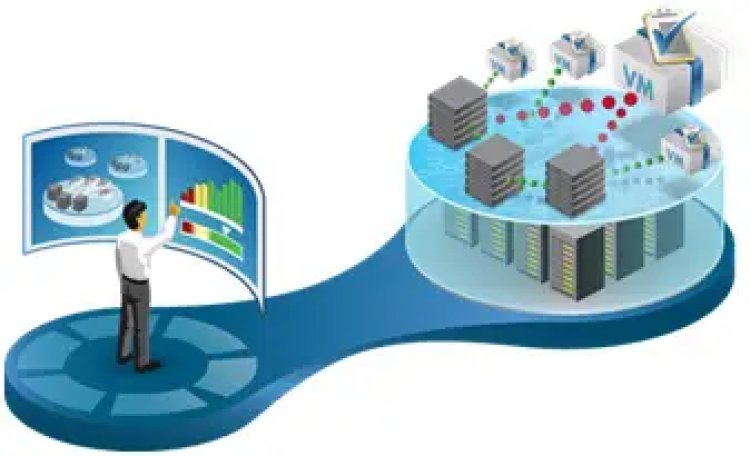
Relevant Certifications:
- DSF-Data Science Foundation
- ITIL Foundation and ITIL Intermediate Service Operation
- Technical Certification such as VMware, Docker, AWS et.,
Data Science Developers:
Data Science Developers are the ones, who code the models and applications through programming in R Language, Python etc., They are versatile developers, who have good knowledge of math & statistics, machine learning algorithms and related concepts.
As this domain of data science development is evolving rapidly, these developers are expected to keep themselves updated with all the latest technological advances from a development perspective, so that they can use the right platform to achieve their goal effectively.

Relevant Certifications: Relevant Certifications:
- DSF – Data Science Foundation
- DSD – Data Science Developer (R & Python)
- ETH – Ethical Hacking
Big Data Specialists:
These are the professional with deep knowledge in computer science and mathematics. They engage in machine learning and deep learning heavily. They create predictive and prescriptive models based on the machine learning algorithms, such as random forest, Artificial Neural Network, K-NN etc., They are masters in all kinds of data mining techniques pruning, regularization etc., helping to create robust data science models, which can be used in creating great business insights.
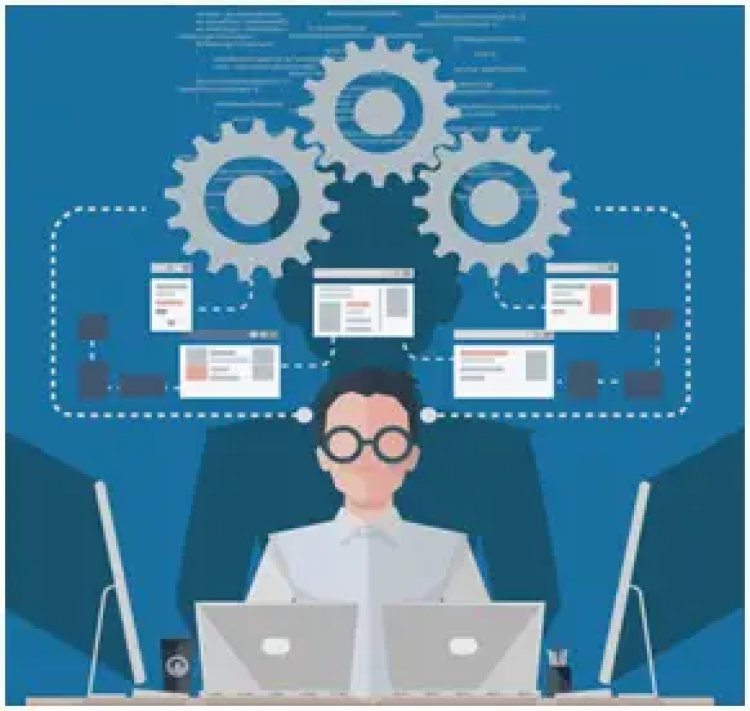
Relevant Certifications:
- DSF – Data Science Foundation
- DSP – Data Science Practitioner
Researchers
Researchers are domain experts. These professionals have more expertise in Data Analysis, Data Science related Statistics along with significant expertise in a specific domain such as HR, Marketing, Fraud Analytics, Health Care, Finance etc.,

They have less emphasis and knowledge in backend part such as IT infrastructure, coding, computer science etc.,
Relevant Certifications:
- DSF – Data Science Foundation
- Domain-Specific Certifications: Data Science – HR Analytics etc.,
Analysts
These professionals are focused on the day-to-day analysis of data, including website analytics, retrieving data from various data sources and creating data visualizations.
They work closely with a business person. Their role is to provide the reports from data analysis with appropriate visualizations in an easy to understand format. Thereby enabling the decision-makers to gain valuable business insights.

Relevant Certifications:
- DSF-Data Science Foundation
- CVAE – Certified Visual Analytics Expert
Business Person
This role is the one, who manages the entire Data Science project. We can call him a sponsor. This role is predominantly business focussed and, formulates the problem statements for which, Data science project needs to find the answers. This role also helps in understanding, interpreting the intermediate results of the data science projects and drive the project to the final solution.
Though this role is primarily business focussed, he/she must also speak Data to be able to perform the job well.

Relevant Certifications:
- DSF-Data Science Foundation
Data Scientist
These are the professional who can perform every aspect of Data Science, sometimes called full-stack Data science professionals. Well, these people are rare as mastering entire Data Science roles is difficult, if not impossible. If a company manages to hire a full-stack Data Scientist, there would be tremendous progress in transforming the business to gain a significant competitive advantage by finding solutions to important business questions.
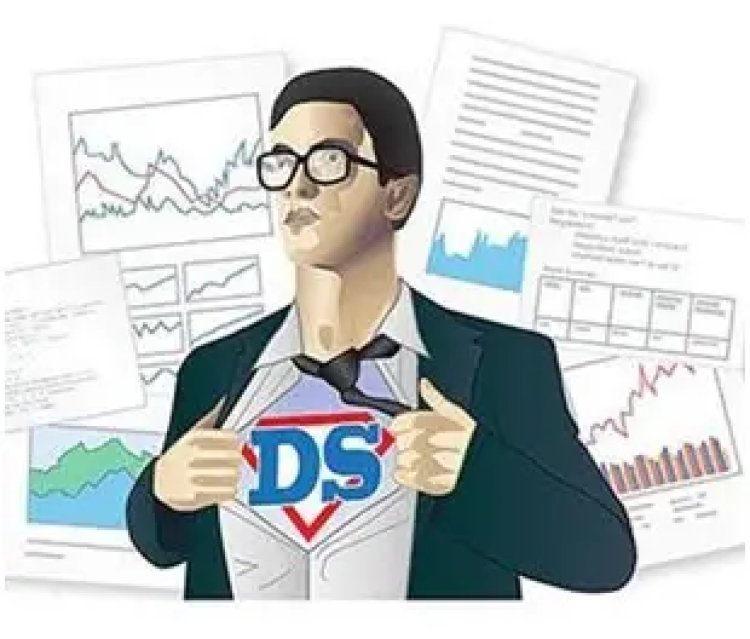
Relevant Certifications:
Though these roles are evolving, the core nature of Data Science work may not be very different. With new technologies, applications popping up at a rapid pace, sometimes on a daily basis, we may need to add some tool experts roles in the Data Science team.
At DataMites™, all the courses are aligned with the current global industry requirement as specified by the accreditation body The International Association of Business Analytics Certification (IABAC.org). This syllabus is based on the EC council consortium framework project on Data Science.
